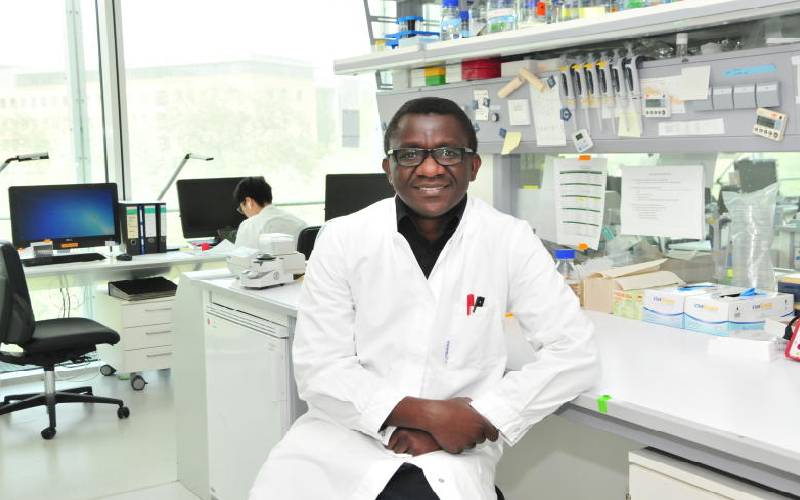×
The Standard e-Paper
Home To Bold Columnists

Dr Sospeter Njeru, a Kenyan scientist working in Germany, who is pioneering research that promises to advance the search for a cancer cure. [Courtesy]
From lecturing Biochemistry and Biomedical Sciences at the Department of Biochemistry at Kisii University, Sospeter Njeru is now leading a promising cancer research in Germany.